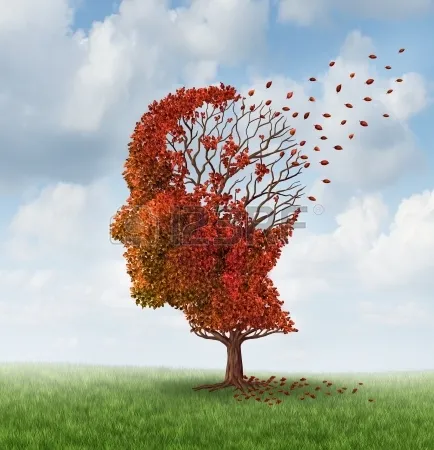Experts analyze the possibility of a "close relationship" between type 2 diabetes and Alzheimer's.
The Harvard Medical School's Professor and head of the academic office of the Joslin Diabetes Center, C. Ronald Kahn, and the professor of the Complutense University of Madrid Manuel Benito have warned this Thursday in Santander of the possibility that there is a "close relationship"Between type 2 of this disease and Alzheimer's.
This has been presented in the meeting 'New Complications of the Diabetic Syndrome in the New Milleniun: Type 3', which seeks to offer a scientific, medical and pharmacological vision of the complications of diabetes, a cardiovascular disease that is betweenThe main causes of mortality in the human being.
Both have explained that in people suffering from Alzheimer's neurodegenerative disease there is specific insulin resistance in the brain.
They have pointed out that this insulin resistance is one of the symptoms presented by the diabetic patient of type 2, an idea has given rise to considering the possibility of the so-called 'type 3' diabetes that-they have pointed-although not yetIt exists as such, studies are being carried out that prove the close relationship between Alzheimer's and type 2 diabetes.
On the other hand, Benito, director of the course, explained the causes and consequences of type 2 diabetes that, unlike type 1 diabetes, it is a "metabolic and cardiovascular" disease and that is related to other types of pathologiescommon as "obesity or hypertension."
The main problem of this disease, he said, are "the life habits of pre-diabetic patients", since both sedentary lifestyle and bad eating habits have been increasing in recent years.
In addition, Benito stressed that the main problem of this pathology lies that it is "silent.""The person is in a seemingly normal state of health, but without realizing it is suffering the progression of a disease that is causing vascular deterioration and, by the time it is diagnosed, the damage is already done."
Therefore, Benito has emphasized the need to follow up the people who are at risk or are prediabetic (for example, through retinopathies) because, despite the fact that this disease is usually developed from fiftyYears, once it appears, is more difficult to control.
"Fortunately, the percentage of patients who evolve from preiabetic to type 2 diabetic is a minority, with the exception of people with obesity, who tend to develop this pathology at a higher speed," he said.Well, in his opinion, almost 50% of the prediabetics end up suffering from type 2 diabetes.
On the other hand, both speakers have put on the table the complications that this diabetes can lead, and among them, Kahn has mentioned "blindness, poor blood circulation, as well as hypertension or other common diseases"What Benito added that "type 2 patients can develop cancer, particularly colorectal and gastrointestinal.
Finally, in relation to advances in this disease, Kahn stressed that "although there are many drugs to control diabetes, there is still no perfect medicine that improves insulin resistance levels."
This is partly due, he explained that "it is unknown, in many patients, which is the cause of its organism suffering from insulin resistance, beyond genetics or obesity."
For its part, Kahn has exposed some of the pathologies that can be the prelude to a future diabetes, such as insulin resistance, a genetically determined metabolic deficiency that prevents the body from using theInsulin efficiently, as reported by the UIMP.
Thus, the teacher has focused his presentation on the main causes that generate insulin resistance, such as obesity.
In this regard, he pointed out that "although there are people who are genetically more conducive to insulin resistance, if a healthy lifestyle is carried out, the incidence decreases considerably."
"Any body that gains weight is more likely to suffer resistance to insulin," he said.


